UN rights chief seeks freedom of detained Saudi women activists
United Nations High Commissioner for Human Rights, Michelle Bachelet, has called on Saudi authorities to release a group of women's rights activists, whom were detained in last year’s crackdown and are being held for nearly a year without charge.
“Today, allow me to voice my concern at the apparently arbitrary arrest and detention, and alleged ill-treatment or torture, of several women human rights defenders in Saudi Arabia,” Bachelet said in a speech to the UN Human Rights Council on Wednesday.
“The persecution of peaceful activists would clearly contradict the spirit of the country's proclaimed new reforms,” she added.
The state-run Saudi Press Agency (SPA) said on March 1 that the ultra-conservative kingdom’s public prosecutor was preparing the trials of the detainees as it had concluded its investigation.
The prosecution office, however, did not specify the charges nor give a date for the court proceedings.
More than a dozen activists were arrested last May, and held on suspicion of harming the country’s interests and offering support to hostile elements abroad.
At the time, international rights groups reported the detention of prominent female activists among the detainees, who had previously campaigned for the right to drive and an end to the kingdom’s male guardianship system.
Some were later released, but activists have said several of the women were held in solitary confinement for months and faced torture and sexual harassment.
Among the jailed female rights activists are Aziza al-Yousef, a retired professor at Riyadh's King Saud University, and Loujain al-Hathloul, who was arrested and held for more than 70 days in custody back in 2014 after she attempted to drive from the neighboring United Arab Emirates (UAE) to Saudi Arabia.
Loujain was one of the activists who faced sexual harassment and torture during interrogation, according to her family and rights groups.
Following their arrest, regime-backed newspapers published front-page pictures of some of the activists with the word “traitor” stamped across them in red.
Saudi Arabia overturned the world's only ban on female motorists on June 24, 2018. The lifting of the prohibition followed a sweeping crackdown on prominent women's rights activists, who had staunchly advocated for the right to drive.
European countries will urge Saudi Arabia on Thursday to release activists and cooperate with a UN-led probe into the brutal murder of distinguished Saudi journalist Jamal Khashoggi.
“This initiative at the UN Human Rights Council offers a rare opportunity for states to take a strong public stand against the catalogue of human rights violations by the government of Saudi Arabia. States who stay silent risk abdicating responsibility at a crucial moment and sending a dangerous message that Saudi Arabia can continue to commit egregious abuses without being held to account,” Heba Morayef, Amnesty International’s Regional Director for the Middle East and North Africa, said.
She added, “States, including key allies of Saudi Arabia, must use the joint statement to demand the immediate and unconditional release of the group of detained women human rights defenders and all others who have been detained solely for their criticism of the government.”
Khashoggi was murdered at the Saudi consulate in Istanbul, Turkey, by a group of Saudi agents on October 2 last year.
US intelligence agencies reportedly believe Saudi Crown Prince Mohammed bin Salman (MbS) ordered the murder – an assertion that Saudi officials fiercely deny.
Saudi Arabia has lately stepped up politically-motivated arrests, prosecution and conviction of peaceful dissident writers and human rights campaigners.
Saudi officials have also intensified security measures in the Shia-populated Eastern Province.
Eastern Province has been the scene of peaceful demonstrations since February 2011. Protesters have been demanding reforms, freedom of expression, the release of political prisoners, and an end to economic and religious discrimination against the oil-rich region.
The protests have been met with a heavy-handed crackdown by the regime, with security forces increasing security measures across the province.
Over the past years, Riyadh has also redefined its anti-terrorism laws to target activism.
In January 2016, Saudi authorities executed Shia cleric Sheikh Nimr Baqir al-Nimr, who was an outspoken critic of the Riyadh regime. Nimr had been arrested in Qatif, Eastern Province, in 2012.
US envoys blocked warning of Gaza turning into ‘apocalyptic wasteland’: Report
VIDEO | Press TV's news headlines
VIDEO | Pakistan rejects link between Gaza 'Peace Board,' Abraham Accords amid outcry
VIDEO | Displaced families struggle to survive after Heglig attacks in Sudan
Iran’s top security official, Russian president discuss economic cooperation, regional issues
Leader’s advisor warns of ‘deep’ retaliatory strikes into occupied territories
Explosive new Epstein files reveal Trump raped 13-year-old girl, murdered newborn
VIDEO | EU blacklists anti-terror organization







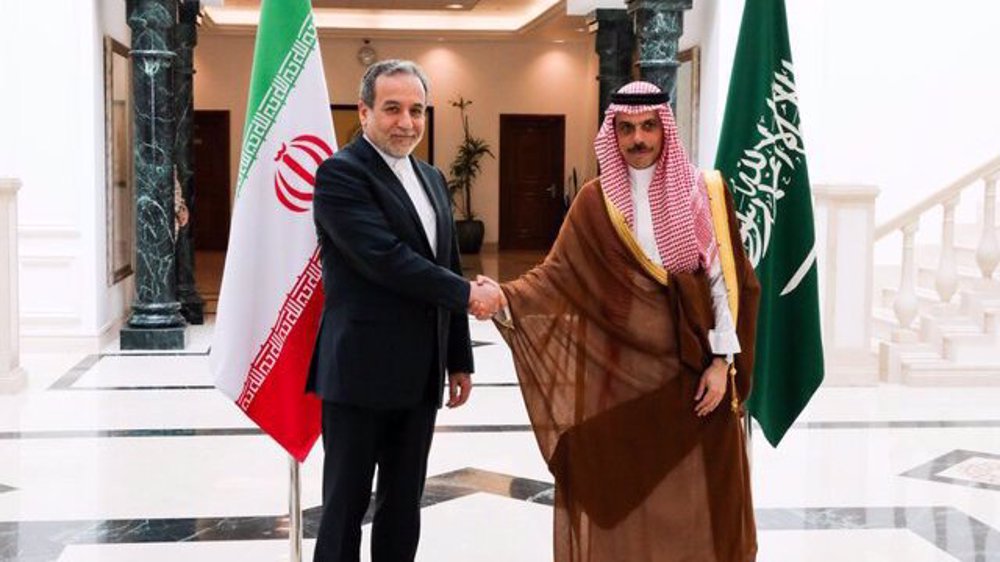
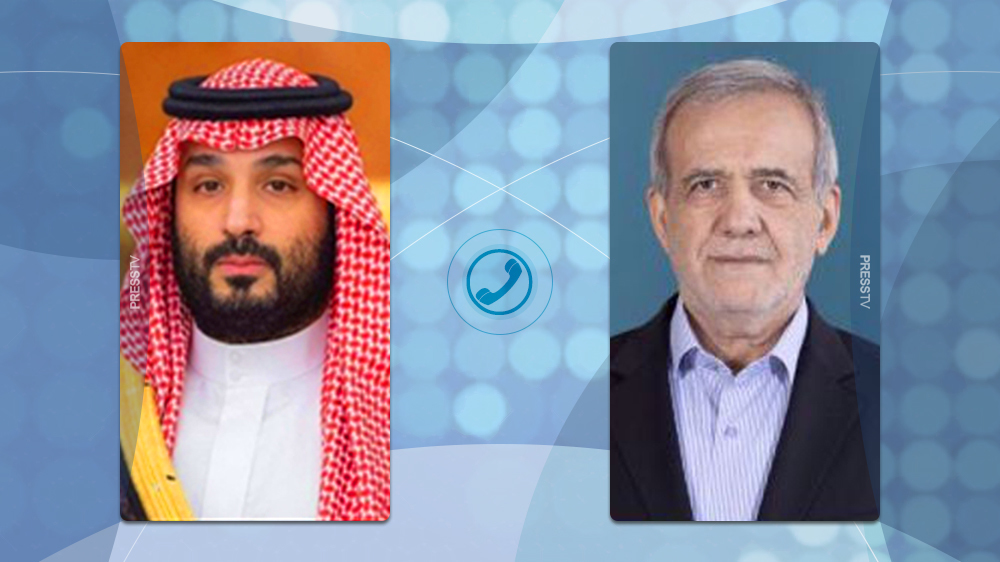
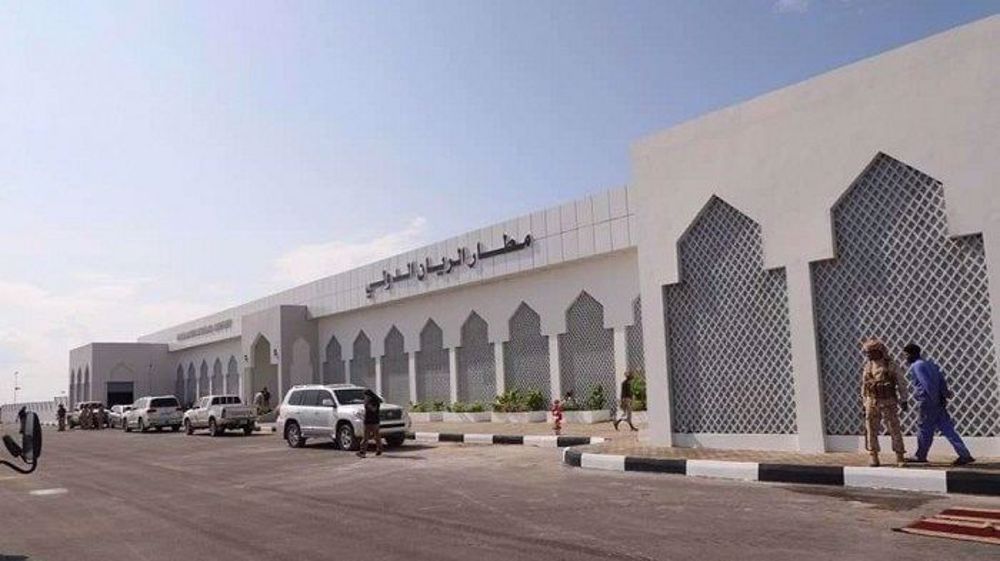





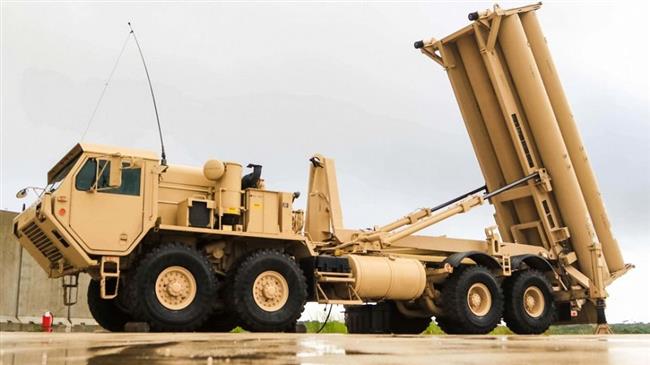

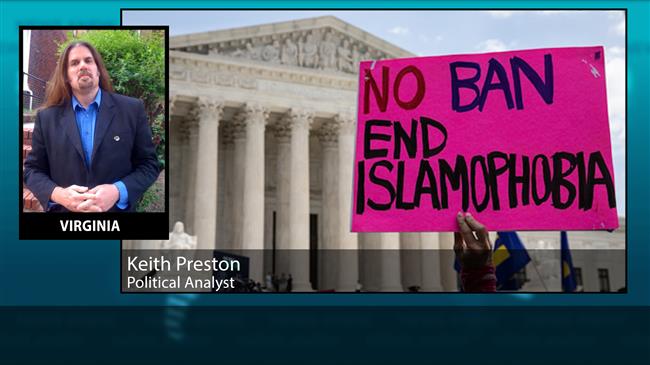

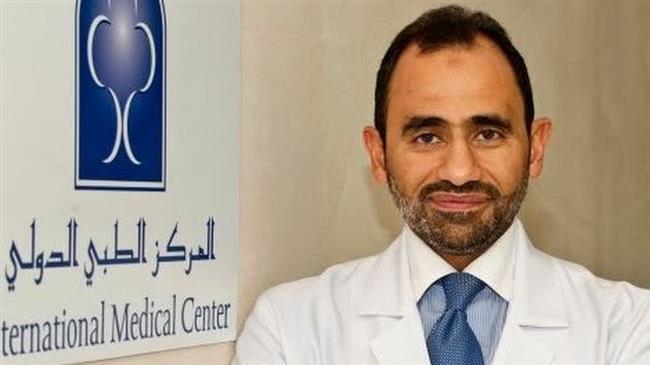

 This makes it easy to access the Press TV website
This makes it easy to access the Press TV website